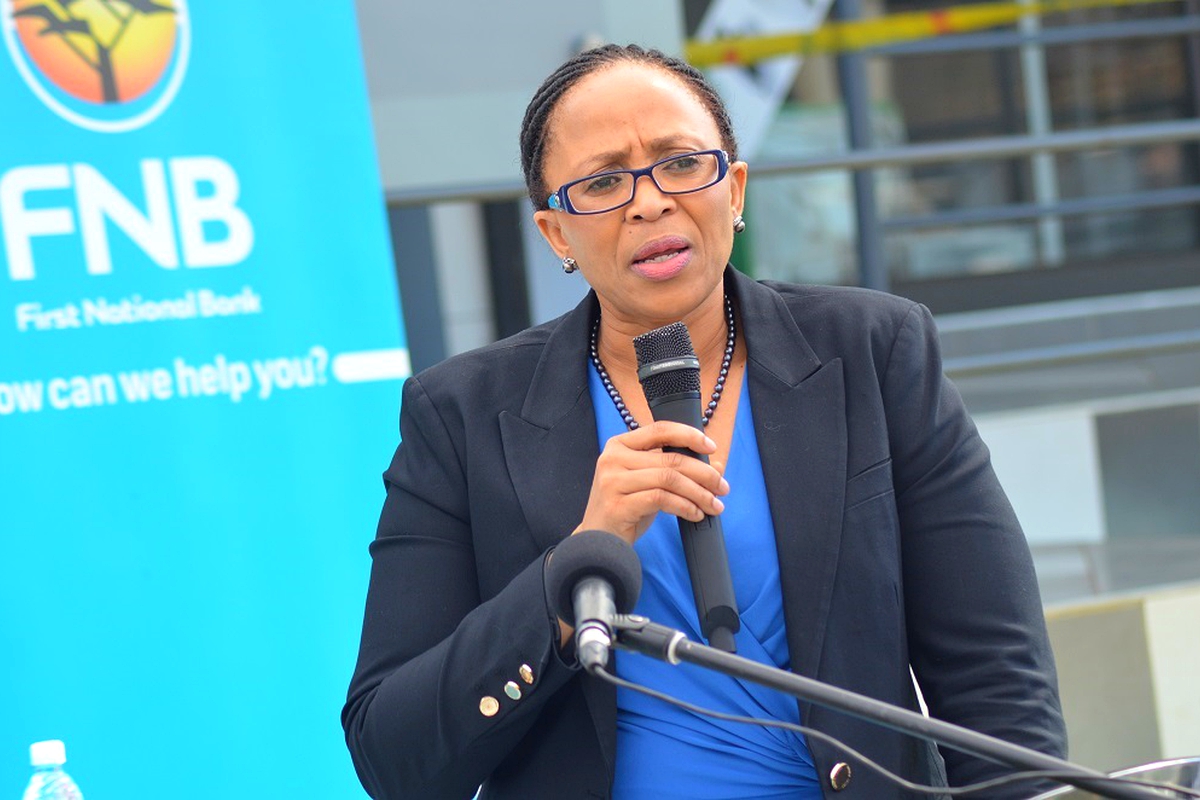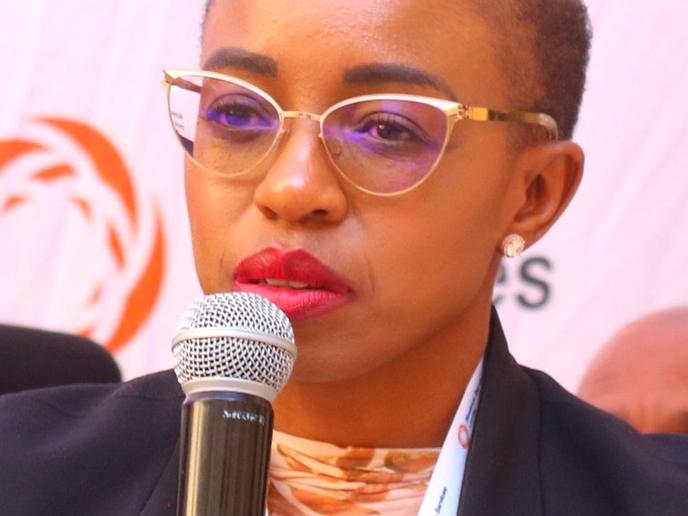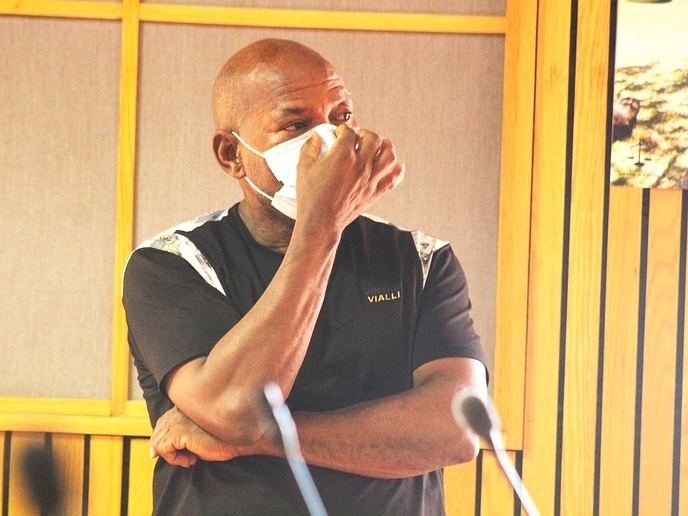MISMANAGEMENT of State Owned Enterprises (SOEs), which has been the norm over the years, has resulted in a budgetary burden and can cause contingent liabilities and increase fiscal risks.
business
Dec. 1, 2022
NEO SENOKO
3 min read
Govt companies under spotlight

The Minister of Finance, Dr Retšelisitsoe Matlanyane
Story highlights
Some SOEs continue to pressurise the national budget while others have shrunk and ultimately collapsed. There are some, however, that have grown and become significant players in the country’s economy.
Despite previous studies and laws earmarked to guide SOEs, many in the country have not been complying, proving detrimental to economic recovery.
The Minister of Finance, Dr Retšelisitsoe Matlanyane said a lot of work must be done to revive the status of the SOEs in the country.
She underscored the importance of good management by the executive and robust oversight to remain sustainable, effective, and efficient in delivering the core mandate of the organisations to serve the citizens of Lesotho.
“Years go by without communication, no relationships were made and no feedback on the budget implementation and performance. For the few that are governed by other pieces of legislation in their sectors, they operate and need to publish some of their reports, they often do meet their obligations to avoid penalties and charges. But those for the government always find it easy to abscond due to weak policy frameworks,” Dr Matlanyane said on Wednesday during the Prime Minister’s meeting with SOEs.
The classical example comes in the form of the Public Financial Management and Accountability Act of 2011 (PFMMA), which requires all public enterprises to issue audited financial statements, annual reports that include plans and forecasts for the next three years to the Minister of Finance for consolidation and to be presented to Parliament.
“But this was not happening in the past. The only time that the Minister would know the status of the performance of these organisations was during the budget or when the additional financing or recapitalisation is required,” the Minister added.
Prime Minister Sam Matekane shared similar sentiments, saying the PFMAA gives authority to the Minister of Finance to regulate financial affairs and fiscal risk management of the SOE and the shareholdings in companies.
Clearly, this Act empowers the Minister to protect government assets and investments.
“There is a need to further develop the appropriate legislation to determine the risk tolerance and to strengthen the oversight in all aspects of governance. We will always strive to provide enabling policies, legal and regulatory frameworks to encourage public-private sector investment in the SOEs to facilitate growth and development in Lesotho. This is not the end but the beginning of a new era in development, provided all stakeholders join hands to put in place an enabling environment to increase service delivery,” Matekane told the same meeting.
Enjoy our daily newsletter from today
Access exclusive newsletters, along with previews of new media releases.
The SOEs in Lesotho were first created to empower local companies, promote domestic investment, improve service delivery and generate income to strengthen the economic development of the country.
That means their operations have an impact on the everyday life of citizens and the competitiveness of the economy.
The most recent aggregate information on the SOE sector dates from 2017/18 and the government’s shareholding at that time amounted to LSL 8.9 billion or 26.2 percent of GDP.
The large revenue generators were from the mining, financial, and manufacturing sectors.
Only SOEs in which government has a minority stake have been paying dividends and the amount received has been fluctuating.
In 2016/17, dividends totaling LSL 250.0 million were received.
They went down to only LSL 1.4 million in 2017/18 but recovered to LSL 237.5 million in the 2018/19 financial year.






